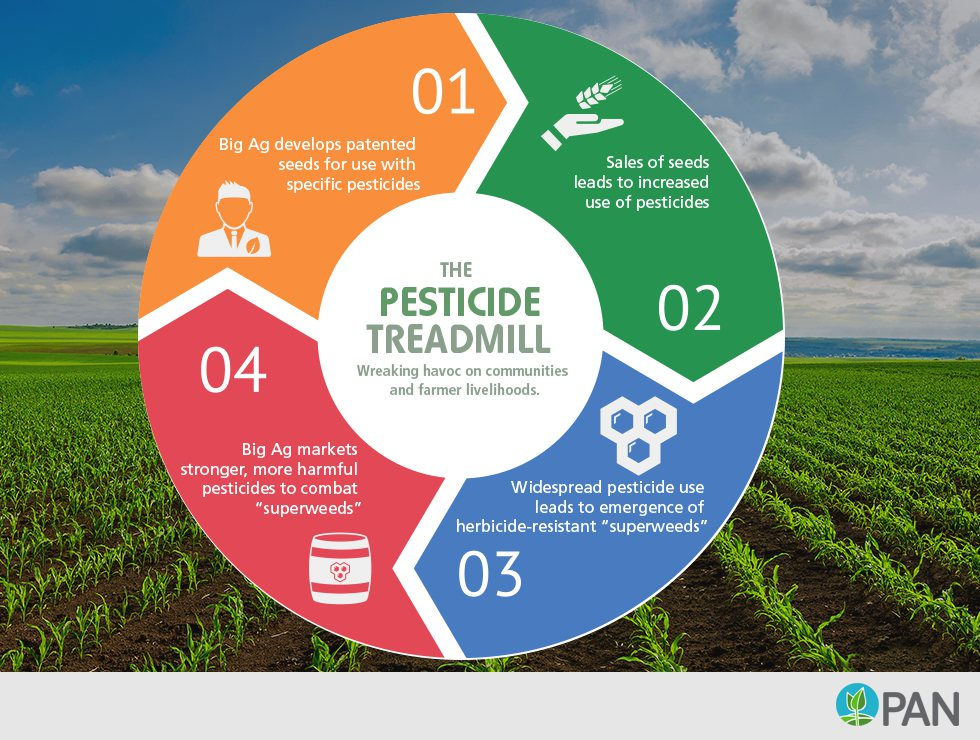How Digestion Works and Tips For Better Digestive Health
- B. Bella Arik

- Sep 18, 2021
- 4 min read
The digestive system is our second brain. All the chemicals made in our brain are made in digestive tract, too. The most common reason for inflammation in the digestive tract is digestive imbalance. Your digestive tract is one of the most important areas where your body is in constant contact with the external world.
Over 70% of our body’s immune cells are located in our gut. To understand how important our digestion system is, here is a comparison: we have 10 trillion human cells, and we have 100 trillion bacteria (6.5 to 9 lbs.) in our colon.

Brain
Digestion starts in our brain. When you see and smell food, or think about eating, the brain readies the digestive tract for nourishment. This stimulates secretion of saliva in the mouth and gastric juices in the stomach. This process works perfectly only if our parasympathetic response is triggered, meaning if we are NOT under stress. When we are in fight or flight mode, cortisol and adrenaline are triggered, and digestion SHUTS OFF. That’s when our body stores everything we eat: survival mode. And that’s when it stores fat to our belly area: location of all the vital organs.
What is Sympathetic and Parasympathetic Nervous System? The Sympathetic Nervous System – also known as “fight or flight” response and
The Parasympathetic Nervous System – also known as “rest and digest” response.
Recommendations to improve connection between the brain and digestive system:
Connect with your food by looking at and smelling it.
Stop treating your lunch breaks as waste of time – your body needs fuel
You are NOT chased by a bear, relax and take deep breaths before you start eating
Enjoy your food!
Mouth
We don’t always do what we are supposed to do with food. We eat in a hurry; we eat not conscious of the way we are eating, and we swallow it straightaway without chewing. We inhale our food one unchewed piece after another. Those pieces lands in and pile up in our clenched fist-size stomach. Our stomach needs to expand significantly to cope with all the food ending up in there, which will sit there for 30 minutes before they continue their digestion journey. Our stomach uses that 30 minutes very effectively if we do not drink water while consuming food.
PH level of our stomach acid is around 1.9 which is so acidic that it would burn you if touched. Drinking water with meals (also right before and right after meal) dilutes that acidity, and the stomach cannot digest what we eat properly.
Recommendations to improve connection between the brain and digestive system:
Chew your food properly.
Don’t drink water with meals. Stop drinking water 30min before meals and start 30min after meals
Add lemon juice or apple cider vinegar to warm drinking water for better digestion
Put your cutlery on your plate while chewing so that you won’t rush the next bite
Small Intestine
The food then moves from the stomach into the small intestine, and it's in the small intestine where the nutrients move across from the digestive system into the blood. The cells of the small intestine secrete enzymes to complete digestion. Small intestine has pancreatic juices that shield it from the stomach acid.
Pancreas
Acidic fluid which passes from the stomach to the small intestine (Chyme) triggers the pancreas to secrete bicarbonate to neutralize the acid; digest starches, fats and proteins.
Gallbladder
Your gallbladder is a part of your biliary system, which is made up of your liver, gallbladder, and associated ducts. This system is needed for the production, storage, and secretion of bile. Bile is a thick liquid that’s green, brown, or yellow in color.
The gallbladder secretes bile into the small intestine as a detergent to break down fat (oils, dairy products, marbled meats and fried foods) into small particles called fatty acids, which can be taken into the body by the digestive tract.
For example, when you eat peanut butter, the fat in the peanut butter triggers a hormone called cholecystokinin in your small intestine, alerting your gallbladder that bile is needed to help digest the fat.
Vitamins, minerals, water and many drugs are also absorbed through the intestinal mucosa. Villi (a part of the intestinal mucosa) are finger-like tentacles that capture nutrients and allow them to be absorbed by the body. So, if you are suffering from a vitamin deficiency, ask your physician about dysbiosis.
Dysbiosis: the imbalance between good and bad bacteria in the gut. Happens when bad bacteria move up from the colon and set up residence in the small intestine.
Suggestions for a healthy gut microbiome:
Consume more healthy fats: avocados, nuts, coconut oil, and fatty wild fish (not the kind that has astronomic mercury levels)
Reduce consumption of processed fats, red meats and fried foods.
If your gallbladder is removed, consult your physician about bile salt supplements.
Consume prebiotics for a healthier gut microbiome: dandelion greens, asparagus, onions, garlic, leeks, beets, Jerusalem artichoke, unripe bananas, apples, jicama (jicama slices from TJoe’s.)
Consume probiotics for a healthier gut microbiome: sauerkraut, kimchi, yoghurt (lactose free or coconut yoghurt – I have a great recipe ), and kefir (lactose free) https://www.instagram.com/reel/CTSlPnzl_ke/
Large Intestine
When digested food arrives at the large intestine, the bacteria that reside there want to ferment them. If things go wrong in the digestive tract, undigested big particles might end up in the colon, thus creating a lot of gas during fermentation.
One of the many reasons many women have a bloated stomach every night could be things going wrong starting from the brain down to the anus.
Anus
More water and salts are absorbed from the large intestine. As the particles consisting of water, fiber secretions and dead bacteria move down, feces are formed and eventually pushed through the anus.
Resources:
https://www.drlibby.com/ https://www.healthline.com/health/gallbladder-2#gallbladder-conditions https://psychologyofeating.com/secret-digestive-wellness/






Comments